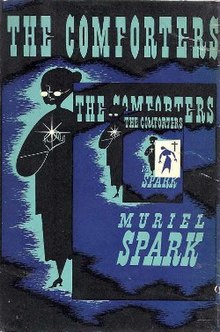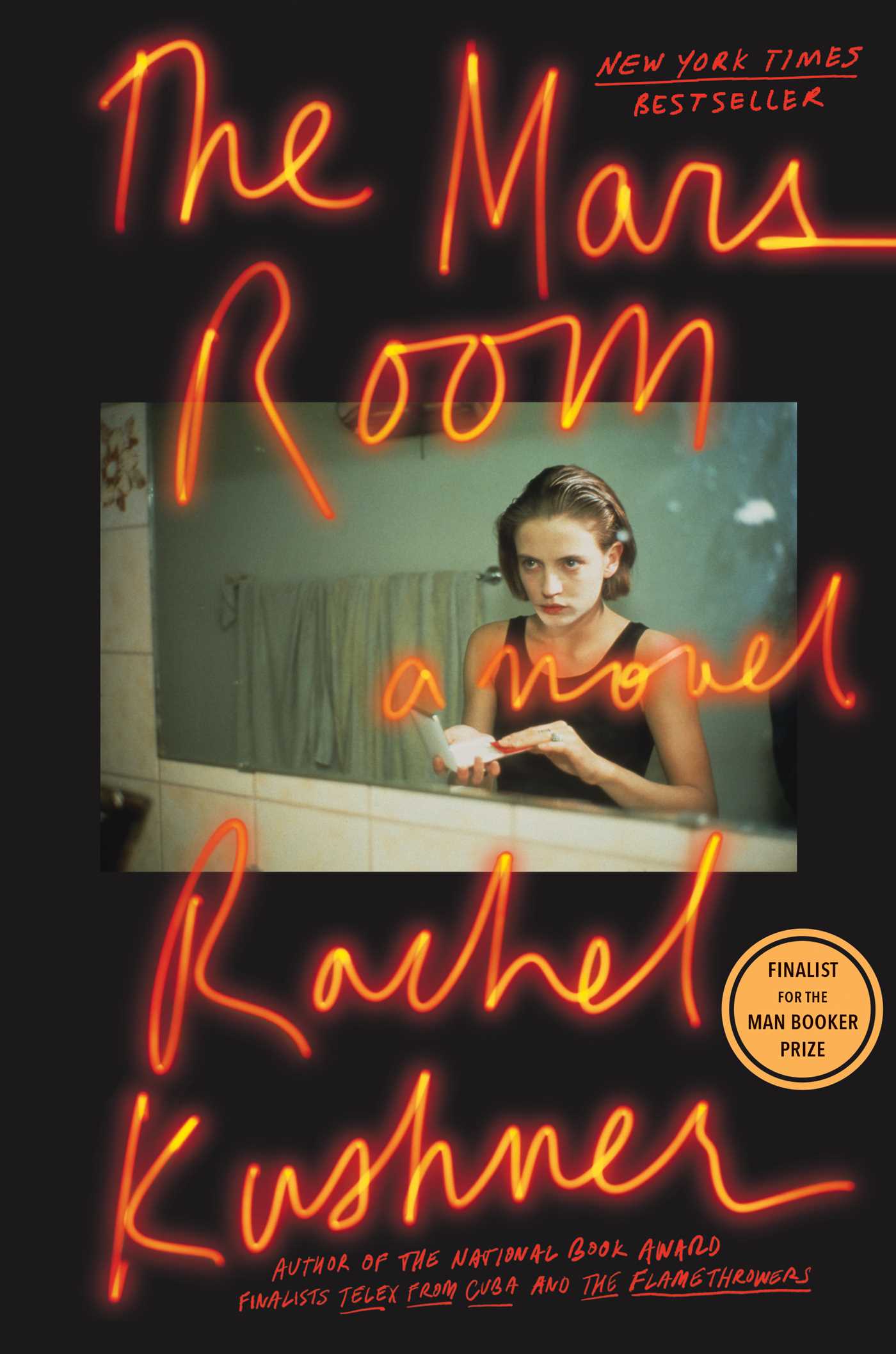It's happening to me again.
The soft-drink stand fell to bits. Molecules. He saw the molecules, colorless, without qualities, that made it up. Then he saw through, into the space beyond it, he saw the hill behind, the trees and sky. He saw the soft-drink stand go out of existence, along with the counter man, the cash register, the big dispenser of orange drink, the taps for Coke and root beer, the ice-chests of bottles, the hot dog broiler, the jars of mustard, the shelves of cones, the heavy round metal lids under which there were different ice creams.
In its place was a slip of paper. He reached out his hand and took hold of the slip of paper. On it was printing, block letters.
SOFT-DRINK STAND
If I read one Philip K. Dick book every year, I won't finish them all for 36 years. I'll be 68. There's a comfort in that, I think, the idea that there's an author you'll (nearly) always be able to return to, like Mom's cooking. And Dick's books are comforting in that way exactly: plotty, fast-paced, engaging, even when they're truly weird. Time Out of Joint is one of the less weird ones I've ever read (though still, surely, much weirder than 99% of the books that have ever been written) but it's got that flavor, for sure.
Ragle Gumm makes his living solving a newspaper contest called "Where Will the Little Green Man Be Next?" The contest comes with a set of clues, knotty word puzzles like cryptic crosswords. He doesn't use them. His method is purely aesthetic: he has a machine that helps him scan for patterns over the course of many days. He makes a living that way, on the prize money, and his success at the contest makes him a famous man. He lives comfortably with his sister, Margo, and her husband, Vic, and their son, Sammy, and he's got his eyes on the wife of their next door neighbor.
Hallucinations begin to unravel his life. Things that seem to be real, like the soft-drink stand, suddenly disappear. In their place are pieces of paper, mere words where once there were things:
Central problem in philosophy. Relation of word to object... what is a word? Arbitrary sign. But we live in words. Our reality, among words not things. No such thing as a thing anyhow; a gestalt in the mind. Thingness... sense of substance. An illusion. Word is more real than the object it represents.
Word doesn't represent reality. Word is reality. For us, anyhow. Maybe God gets to objects. Not us, though.
On Sammy's crystal radio, he begins to pick up conversations from a nearby military installation, conversations which seem to be about him. "Passing over him now," says an airplane pilot over his radio, and an airplane booms overhead. Ragle's used to fame, because of the contest, but this is new. He starts to think of himself as the most famous man in the world, so famous, in fact, that reality seems to be structured around him, to sustain him, and perhaps to trap him. His attempts to escape the town where he lives, to get out of the illusion along with his brother-in-law, are foiled by people who seem suspiciously like actors. There's a whole Truman Show thing to it.
When he finally does escape, he finds himself in a strange dystopian place. The world government calls itself "One Happy World," but it seems to be at war with a set of colonists on the moon. A group of teenagers--who dress like West Africans and talk in a strange, possibly racist, pidgin dialect--finger him as a "lunatic": a moon colonist, from Luna. (These teenagers are the best omen of just how bonkers Dick's later books would become.) The year is not 1959, but 1998, and Ragle's newspaper contest is somehow part of the war against the moon.
So much of Time Out of Joint is recognizable in Dick's later works. He became obsessed with the idea that the time wasn't what it seemed, eventually coming to suspect he himself was trapped not in an illusion of the past but an illusion of the future, and that time really stopped in ancient Rome. This is one of the key aspects of the VALIS trilogy. It's explained to Ragle that they only capitalized on his own regression; it was him that wanted to return to the 50's of his childhood, they only helped him complete the illusion. The irony is that the author himself became very much like the character. I wonder if the Dick of the 1980's ever looked back at Time Out of Joint and recognized his own fantasies of regression, which became the shape of his own late mental illness.
Part of the charm of Time Out of Joint is that it was written in 1959, and has a 1959 idea of what 1998 would be like. We've advanced far enough to have colonies on the moon, but we're still talking over the radio, which is what allows Ragle to discover the truth about himself. And we're still using telephone numbers with the old style two-letter exchanges, like Klondike and Butterfield; part of Ragle's investigation involves calling 1998 exchanges found in a contraband phone book that don't yet exist. The novel becomes an artifact of retrofuturism that it was not quite meant to be, anticipating the kind of white-bread nuclear family 1950's nostalgia that would become widespread in at the end of the century. Like that movie Pleasantville, which, of course, came out in 1998.





.jpg)




